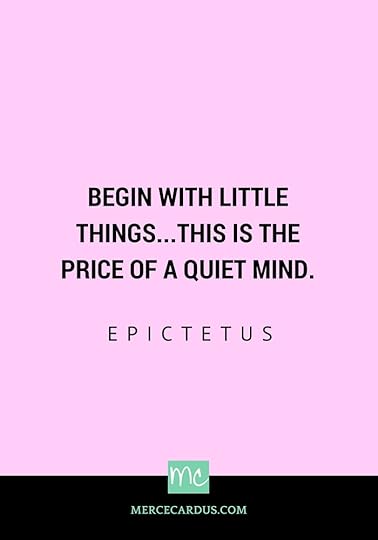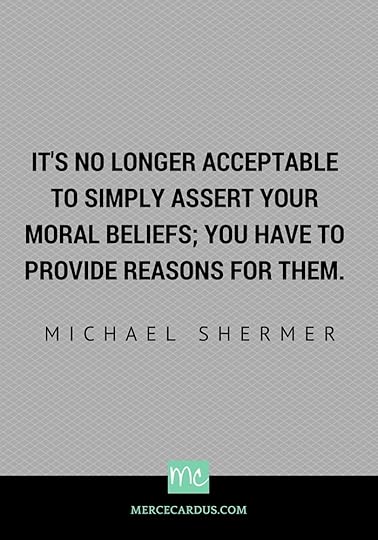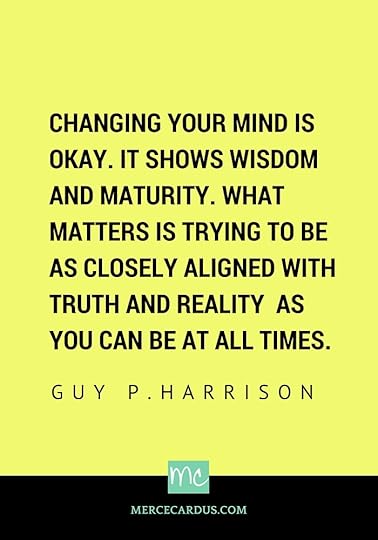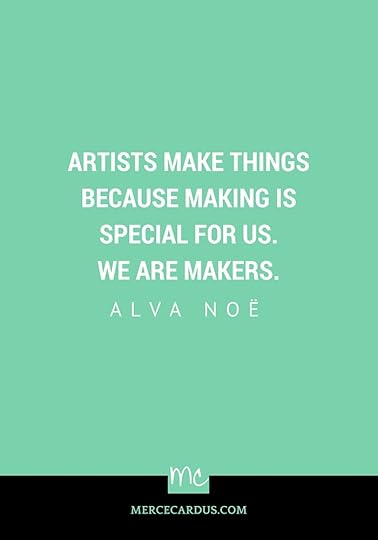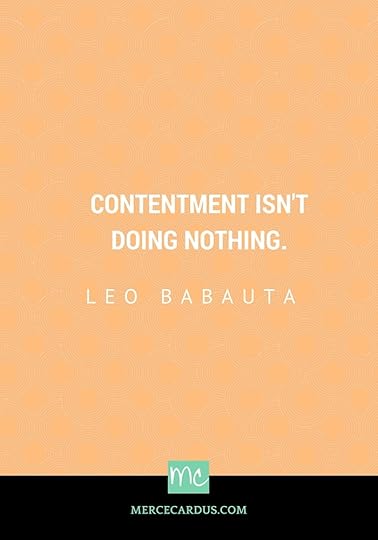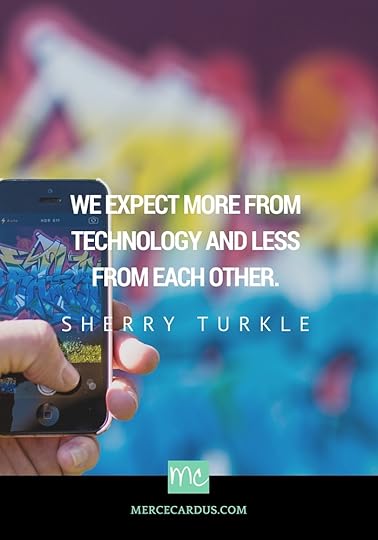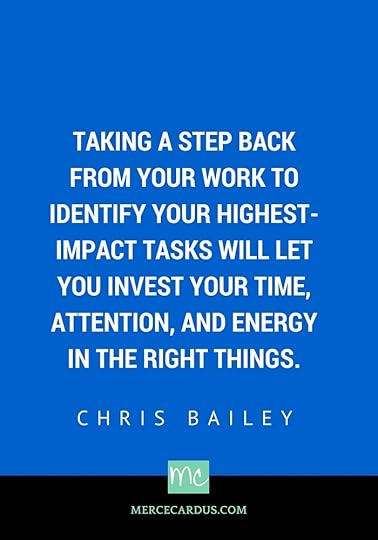Merce Cardus's Blog, page 53
February 9, 2016
The Idea Of Serenity
In How philosophy can save your life, discover how great philosophers can hel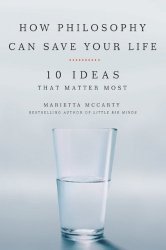 p you live a more purposeful and peaceful life.
p you live a more purposeful and peaceful life.
What is serenity?

Serenity is the possession of a steady spirit that provides a consistent way of being in the world no matter what. This steadiness is rooted in an unflappable inner sanctuary that has room for both sadness and joy.
Possessing this essential undisturbed core does not imply a happy or carefree life nor preclude difficulty and heartache. Up in the morni...
Giving Animals More Rights Improves the Quality of Human Life
Professional skeptic Michael Shermer, author of The Moral Arc: Ho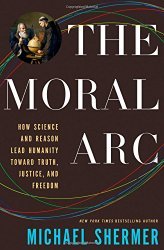 w science makes us better people, sees major moral progress happening. In the next decade, he says, nobody willdiscuss gay marriage as though it were a controversial topic; and many of the ways we currently treat animals will be considered barbaric.
w science makes us better people, sees major moral progress happening. In the next decade, he says, nobody willdiscuss gay marriage as though it were a controversial topic; and many of the ways we currently treat animals will be considered barbaric.
Practices meant to entertain humans at the expense of animal well-being —bear baiting, bull and cock fighting — are already on their way out of fashion. But we will not only stop ca...
Think Like A Scientist
Think more critically, learn to question everything, and don’t let your ownbr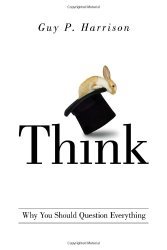 ain trip you up.
ain trip you up.
Good Thinking
The most effective antidote for bad thinking is good thinking. The best way to make con artists vanish is to see them. The best way to silence crazy claims is simply to listen to them with a sharp brain and then ask the right questions.
Respond to extraordinary claims in a way that is similar, in spirit at least, to how a scientist would investigate a new, exotic illness found in red...
February 7, 2016
What Scientists and Philosophers Get Wrong about Art
The construction of sophisticated tools has long distinguished the human 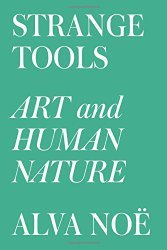 species from those still content with sticks and rock —or nothing at all. We are creators of things in our essence, says UC Berkeley philosophy professor Alva Noë. But artists are a category of creator apart. They do not make tools useful in the sense that a hammer is useful; nor are their works subject to scientific investigation —insofar as science, and philosophy, strictly distinguish between the observer and that wh...
species from those still content with sticks and rock —or nothing at all. We are creators of things in our essence, says UC Berkeley philosophy professor Alva Noë. But artists are a category of creator apart. They do not make tools useful in the sense that a hammer is useful; nor are their works subject to scientific investigation —insofar as science, and philosophy, strictly distinguish between the observer and that wh...
The What & Why Of Contentment
The Little Book Of Contentment is aguide to becoming happy with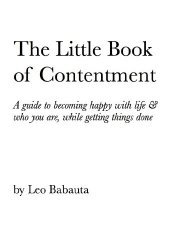 life & who you are, while getting things done.
life & who you are, while getting things done.
The What & Why of Contentment
What is contentment?
For me, it’s really about being happy with who you are. Which I wasn’t for many years, and I think most people are not.
In my life, I’ve learned to be better at the skill of contentment. I am happy with my life. I am happy with my life. I’m happy with where I am professionally, and I don’t seek to add more readers or pageviews or i...
February 4, 2016
LinkFest ~ Best Reads on Writing, Screenwriting & Self-Publishing: Jumping Off
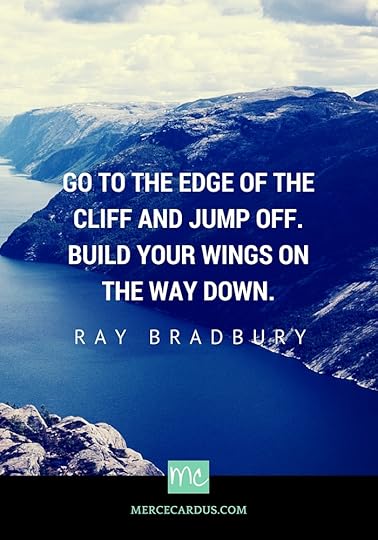 WRITING Scene Structure: Scene Beginnings, Live Write Thrive| Tweet
WRITING Scene Structure: Scene Beginnings, Live Write Thrive| Tweet



 There it is—the basic structure. If you think about each scene as a mini novel, you can plan them out accordingly. Each scene, like a novel, needs a beginning, middle, and end.
There it is—the basic structure. If you think about each scene as a mini novel, you can plan them out accordingly. Each scene, like a novel, needs a beginning, middle, and end.

How to craft a great logline for your book or screenplay, Pat Verducci| Tweet
Ever been faced with a friend who says, “What are you working on?” and suddenly, you’re completely tongue tied?...
February 3, 2016
Human Selfishness Is Secondary — Compassion, Primary
From social applications of Charles Darwin’s theory of evolution to Richard Dawkin’s book The Selfish Gene, human beings have been misunderstood as purely, or at least pr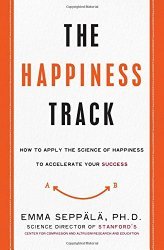 imarily, self-interested creatures. During Emma Seppälä’s time as science director of Stanford’s Center for Compassion and Altruism Research and Education, she has observed behavior that challenges much of this received wisdom. Her book is The Happiness Track: How to Apply the Science of Happiness to Accelerate Your Success....
imarily, self-interested creatures. During Emma Seppälä’s time as science director of Stanford’s Center for Compassion and Altruism Research and Education, she has observed behavior that challenges much of this received wisdom. Her book is The Happiness Track: How to Apply the Science of Happiness to Accelerate Your Success....
Say Yes To Everything
Improv Wisdom shows how to apply the maxims of improvisational theater to real-life challenge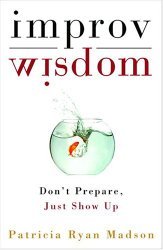 s—whether it’s dealing with a demanding boss, a tired child, or one of life’s never-ending surprises
s—whether it’s dealing with a demanding boss, a tired child, or one of life’s never-ending surprises
Say yes to everything

This is going to sound crazy. Say yes to everything. Accept all offers. Go along with the plan. Support someone else’s dream. Say ‘yes’, ‘right’, ‘sure’, ‘I will’, ‘okay’, ‘of course’, ‘YES!’
Cultivate all the ways to you can imagine to express affirmation. When the answer to al...
February 2, 2016
Are Our Smartphones Trapping Us in Anti-Social Bubbles?
By now the debate is a familiar one, though we seem no closer to an answer. Ar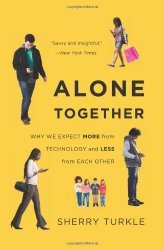 e our smartphones making us antisocial? Are those who answer, “Yes,” just curmudgeons about technology?
e our smartphones making us antisocial? Are those who answer, “Yes,” just curmudgeons about technology?
Professor of social science and technology at MIT, Sherry Turkle, author of Alone Together, says never before has a device removed us from our immediate surroundings so completely. “We’ve never had a device where you could be taking a walk in the woods and you didn’t need to be taking a walk in the woods,” she sa...
The Productivity Project: Manage Your Time, Attention, And Energy
The Productivity Project is afresh, personal, and entertaining exp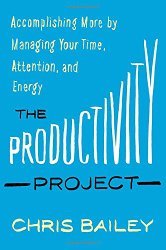 loration of a topic that concerns all of us: how to be more productive at work and in every facet of our lives.
loration of a topic that concerns all of us: how to be more productive at work and in every facet of our lives.
Work at a pace somewhere between the monk and the stock trader
Take for example the world’s most devout monk, who meditates all day, and takes an hour to do anything because he wants to do it slowly and mindfully. The monk does a little as possible, as deliberately as possible, and can do things so purposefully beca...

